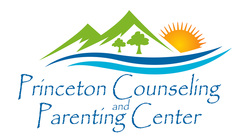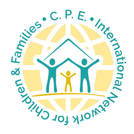 Marriage isn’t always easy and most, if not all, marriages go through ups and downs. The loss of a job, mourning the loss of a friend or parent or an illness can significantly impact a marriage. In some marriages, neither spouse ever considers divorce. But sometimes one or both spouses may think about divorce. Thinking about divorce is very different from deciding you want a divorce. When you’re just thinking about divorce, you’re not ready to take that step. You may be very angry at your spouse or feel very hurt. You may realize that the stresses that you’re dealing with right now will not last forever. When you spend a night out with your spouse you may get along well and feel hopeful that things will get better. And many times things do get better. In general, unless you’re seriously thinking about divorce, you probably shouldn’t mention it to your spouse. Threats of divorce or leaving a relationship can be damaging to a relationship. If there’s a discussion about divorce every time there is a fight, that can make the relationship emotionally unsafe. Divorce is a loaded word and shouldn’t be overused. Once you say it, you can’t take it back. Most people who are seriously considering divorce have thought about it for a long time. But when do you talk about it with your spouse? It depends on a lot of factors. Is there abuse in the relationship? Are you concerned that your spouse may do something extreme if you have that discussion? Do you have children? Does your spouse react rationally to stressful situations? All of these things must be considered before you make the decision to talk to your spouse about getting a divorce. One way of navigating this process is to work with a professional – a therapist who can provide a safe place where you can discuss your feelings with your spouse. Ideally you can come to the decision together whether or not to get divorced. Although that’s not always possible, if you’re working with a therapist, you’ll have guidance about how to work together respectfully. You can avoid some post-divorce anger and misunderstanding. This is especially important if there are children involved because children are significantly impacted by their parents’ relationship. |
AuthorJill Barnett Kaufman, MSW, LCSW and Certified Parent Educator is an experienced clinician who helps clients discover new ways to resolve a variety of challenges and bring more happiness and peace into their lives. Archives
November 2023
Categories
All
|
|
If you are in crisis or in need of emergency assistance, please call 911. |
|


 RSS Feed
RSS Feed


